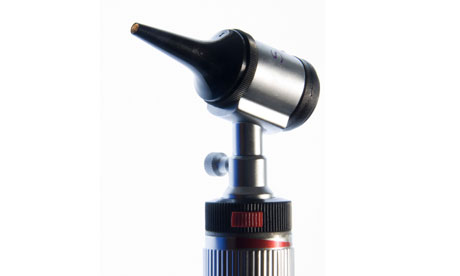
What is it?
Wax protects your ear canal from bacteria and dirt and stops it getting either too dry or too wet. It is made by tiny glands in the cells that line your ear canal. It is slightly acidic (which helps it fight bacteria) and made of oil, skin cells and a waxy secretion.
What are the symptoms of too much ear wax?
People often blame a loss of hearing on too much wax. However, it can have other causes such as hay fever blocking up the nose and the tube between the nose and ear – or getting older. If you have a buildup of ear wax you may feel your ear is blocked and uncomfortable, you may have earache or you may get ringing in your ears or feel dizzy. Some people may make more wax than others, or have ear canals that are narrower. Some people get harder ear wax as they get older.
How should I treat it?
As a rule, you should trust your ear to clean itself. Never stick anything smaller than your elbow into your ear – in other words nothing. Cotton buds will only push wax deeper into your ear against the eardrum and once it is compacted it may need to be removed.
When should I see my doctor?
If you have hearing loss, ear pain, ringing in your ears, or any symptom you may think is due to too much wax; it's probably not and if it is you need advice on how to treat it – ears are very precious things. Do not try to remove wax yourself. Your GP may suggest olive oil ear drops, available from the chemists (do not use any olive oil from your kitchen). Put a few drops of room-temperature oil into the ear about two to three times a day for up to a week – you should and lie down with the ear uppermost. The oil softens the wax so it should fall out on to your pillow. If this doesn't work you may need your ears irrigated. GPs usually remove wax with water irrigation but specialists may use micro suction. There are side-effects to irrigation – it can perforate the ear drum, or cause infections of the outside of the ear or the ear canal.

